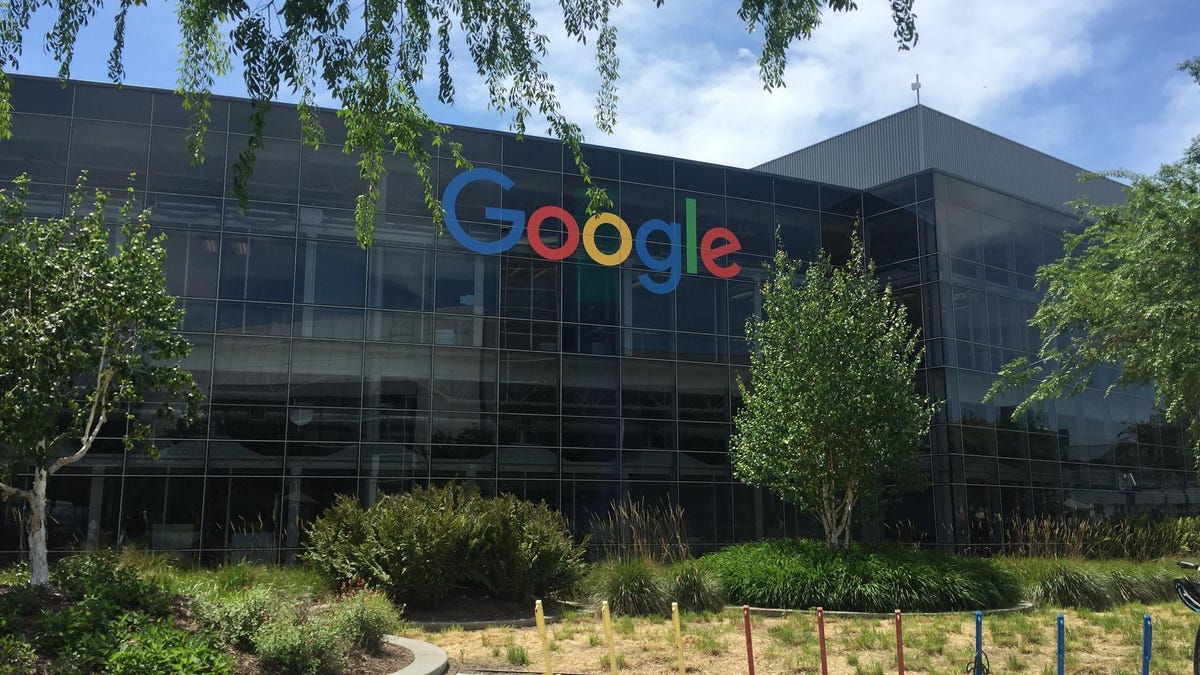Google considers hybrid workweek model when employees return to office
The company is also pushing back the return to September, after it had previously targeted July.

Google's new hybrid plan may not be available to all workers.
Google is considering a new model for the workweek when employees eventually return to the office post-pandemic. The pilot plan would have people work in the office for at least three days, while working the other days remotely.
In a memo to employees Sunday night, CEO Sundar Pichai called it a "hybrid workforce model," according to The New York Times, which earlier reported the news. A Google spokeswoman confirmed the details of the company's plan.
Pichai also said the company is pushing back its return to the office to September, after it had previously targeted July. The new hybrid plan may not be available to all workers, like engineers who spend lots of time in data centers.
The news comes as health care workers in the US began to administer the first doses of the COVID-19 vaccine on Monday. Still, several counties in Google's home state of California are under stay-at-home orders as health officials have worried about the capacity of hospitals.
Google's plan could cause other companies to re-evaluate their workweek models as well. The tech giant pioneered several lavish perks for employees that have become the norm in Silicon Valley, including free food and gym service on campus. Google was one of the first big companies to let its massive employee base work from home when the pandemic took hold earlier this year. In May, Pichai said the company would allow employees to expense up to $1,000 for equipment and furniture in their home offices, such as standing desks and ergonomic chairs.
Other tech companies have also started to rethink what work at the office could look like after the pandemic. In May, Facebook CEO Mark Zuckerberg said the social networking giant will allow some employees to work from home permanently. He said about half of Facebook's workforce could work remotely over the next five to 10 years. Twitter made a similar announcement, and CEO Jack Dorsey also extended the policy to his other company, mobile payments firm Square.

